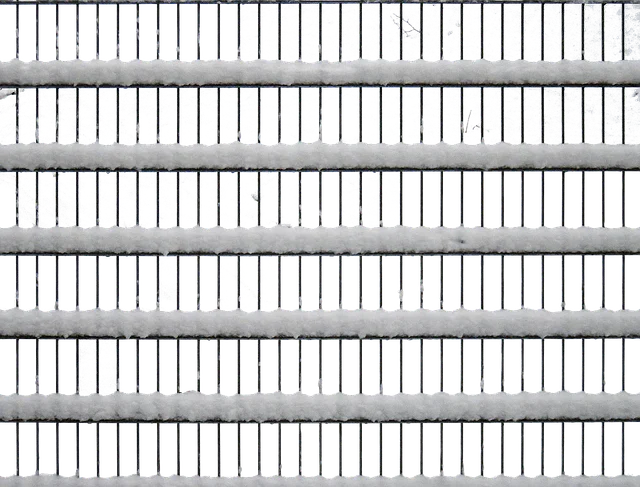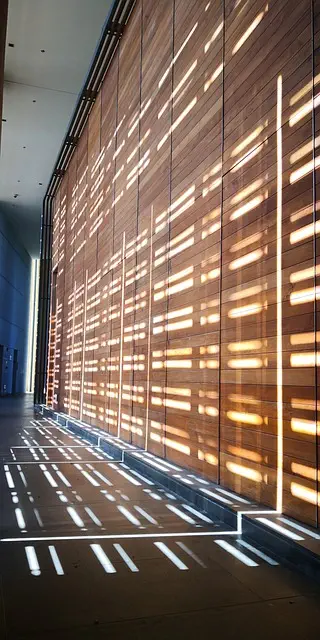Delta-8 THC, a minor cannabinoid in cannabis, offers a natural alternative to coffee for sustained energy without jitters or crash. Chemically similar to Delta-9 THC but milder, it provides a smoother high and enhances focus, mood, and sensory perception. As its popularity grows, Delta-8 presents an intriguing option for those seeking caffeine alternatives, but safety and legality concerns require comprehensive research, quality control, and updated regulations.
“Delta 8 THC, a synthetic cannabis-like compound, has gained attention for its psychoactive effects, offering a unique alternative to traditional cannabis or even coffee for energy. This article delves into the world of Delta 8, exploring its origins as a minor cannabinoid found in hemp and its growing popularity. We’ll examine its psychological impact, potential benefits, and safety concerns. By understanding Delta 8 THC, users can make informed decisions about this rising trend, especially when seeking natural energy alternatives to coffee.”
- What is Delta-8 THC?
- Psychoactive Effects of Delta-8 THC
- Alternatives to Coffee for Energy: Exploring Delta-8 THC as an Option
- Safety and Legal Considerations of Synthetic Cannabis Compounds
What is Delta-8 THC?

Delta-8 THC, or Delta-8-tetrahydrocannabinol, is a minor cannabinoid found in cannabis plants at trace levels. It’s one of many cannabinoids, including better-known compounds like Delta-9 THC (the primary psychoactive component in marijuana) and CBD (non-psychoactive and known for its potential therapeutic benefits). Delta-8 THC is chemically similar to Delta-9 THC but has distinct differences that make it a compelling alternative for those seeking the energizing effects often associated with coffee, without its jitters.
Unlike Delta-9 THC, Delta-8 is less potent and produces milder psychoactive effects, offering a smoother experience. Some users report feeling more focused and energized, making it an intriguing option for those looking for alternatives to coffee for boosting energy levels. However, it’s crucial to approach any substance with caution, especially as research on Delta-8 THC is still evolving.
Psychoactive Effects of Delta-8 THC

Delta-8 THC, a synthetic compound derived from cannabis, has gained attention for its psychoactive effects, offering an alternative to traditional coffee for those seeking energy and stimulation. Similar to Delta-9 THC, the more well-known psychoactive compound in cannabis, Delta-8 provides a milder high while still promoting relaxation and heightened sensory perception. Users often describe it as a clearer, more focused high compared to Delta-9, making it appealing for individuals looking for an energizing boost without the overwhelming mental cloudiness sometimes associated with coffee.
This compound interacts with the endocannabinoid system in our bodies, binding to CB1 receptors in the brain and CB2 receptors throughout the body, leading to various effects. These include increased appetite, pain relief, and enhanced mood. For those looking for an alternative to caffeine-heavy beverages, Delta-8 THC presents a unique option, promising a more subtle yet effective energy boost, alongside potential therapeutic benefits.
Alternatives to Coffee for Energy: Exploring Delta-8 THC as an Option

Tired of relying on coffee to kickstart your day? There’s a growing trend exploring alternative ways to boost energy, and one compound that’s gaining attention is Delta-8 THC. While commonly known for its psychoactive effects similar to cannabis, Delta-8 offers a unique promise in enhancing focus and alertness without the intense caffeine jolt.
Compared to traditional coffee, which can lead to jitteriness and a crash later, Delta-8 THC provides a smoother energy boost. It interacts with our endocannabinoid system, potentially reducing stress and anxiety while improving cognitive function. This makes it an intriguing option for those seeking a more natural or gentle approach to staying energized throughout the day without the caffeine dependency.
Safety and Legal Considerations of Synthetic Cannabis Compounds

The safety and legality of synthetic cannabis compounds like Delta 8 THC are significant concerns, especially as their popularity surges as alternatives to coffee for energy. These substances, while offering potential psychoactive effects similar to cannabis, lack the same level of regulation and research as their natural counterpart. As a result, consumers face an uncertain landscape where product quality and safety can vary widely.
Legal considerations further complicate matters, with varying restrictions and classifications across different regions. This lack of uniformity makes it challenging for users to understand and navigate the legal implications of Delta 8 THC products. Ensuring consumer safety necessitates thorough research into these compounds, stringent quality control measures, and clear legal frameworks that keep pace with evolving scientific understanding, thereby providing a safer alternative to caffeine-based energy boosters.
Delta-8 THC, a synthetic cannabis-like compound, offers unique psychoactive effects that may provide an alternative to traditional coffee for energy. While it presents promising benefits, it’s crucial to approach its use with caution, considering safety and legal concerns surrounding synthetic cannabis compounds. Further research is needed to fully understand its potential as an energy booster, but exploring Delta-8 THC could be a fascinating step forward in the quest for alternative energy sources.






